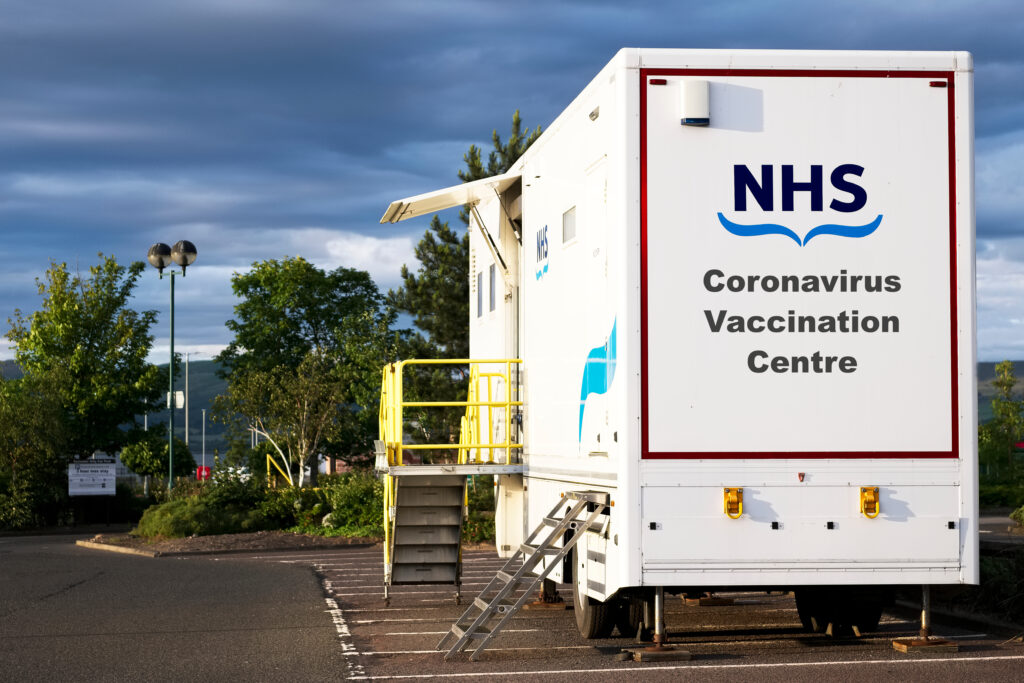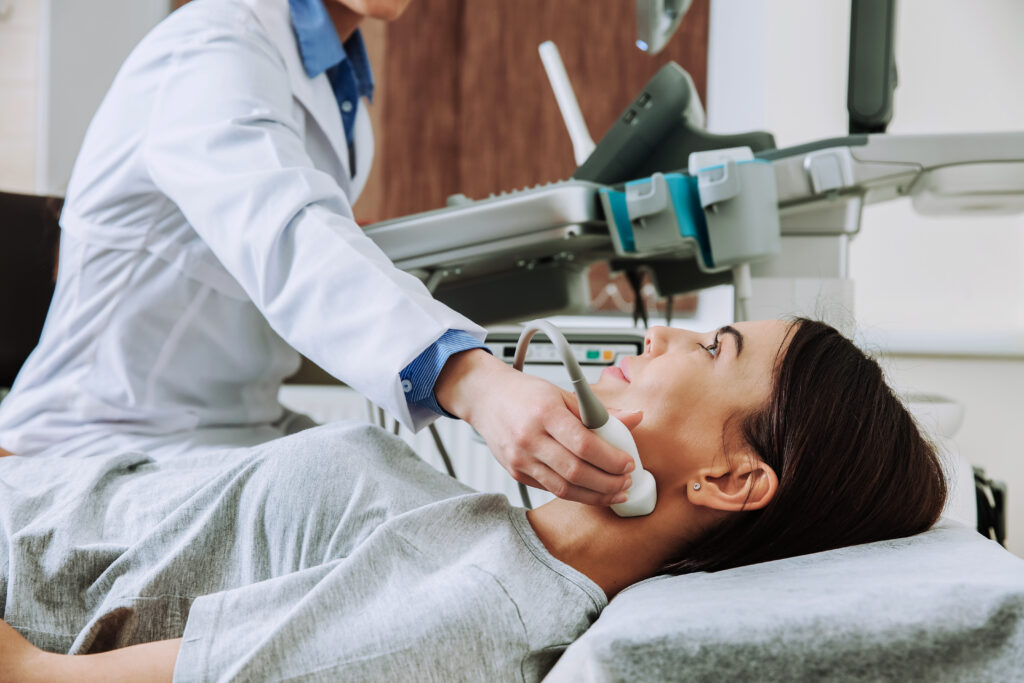UK Finds COVID Vaccines Have Decreased Number Of Hospitalizations
The first UK studies regarding Britain’s mass vaccinations show strong support in that the vaccines have been affective, since numbers clearly show that the vaccines reduce the rate of Covid-related hospital admissions and can be reducing the spread of the virus. The studies found that just a single dose of the AstraZeneca or the Pfizer…
Read More7 Bites Of News And Commentary From The Endocrinology World
A quick list of facts about what’s happening in Endocrinology’s neck-of-the-woods. The Philadelphia Inquirer reported that healthcare providers are watching carefully for new cases of diabetes when a November study found that 15% of hospitalized COVID-19 patients developed diabetes. A modified-release hydrocortisone therapy helped to improve morning and early afternoon biochemical control for adults with…
Read MoreStudy finds Amyloid Blood Tests for May Cut Need for PET in Half
Study authors suggest that the positive result of using the blood test methods may lead to faster clinical trial recruitment. A recent study by authors Ashvini Keshavan, Josef Pannee, et al. aimed to evaluate population-based blood screening for preclinical Alzheimer’s disease in a British birth cohort at age 70. Alzheimer’s disease affects more than 5…
Read MorePET Scans Help Decisions In ER And Breast Cancer
A study has found 100% accuracy for subsequent outcomes with hormonal therapy A small prospective study showed that PET imaging of the progesterone receptor (PgR) response to an estradiol challenge the usual predicted breast cancer response to hormonal therapy. PET with a progestin-analog tracer showed increased PgR levels, indicative of functional estrogen receptors (ERs), in…
Read MoreTelemedicine In ICU Saves Lives— Tele-Intensivist Care Linked To 18% Lower Mortality Over A Decade
A study recently found that in facilities where 24/7 intensivist care was not available, outcomes for patients were better when care was delivered by “tele-intensivists” compared to traditional care models. Within the Cleveland Clinic Health System, patients treated by ICU telemedicine at one of their hospitals were found 18% less likely to die and were…
Read More



